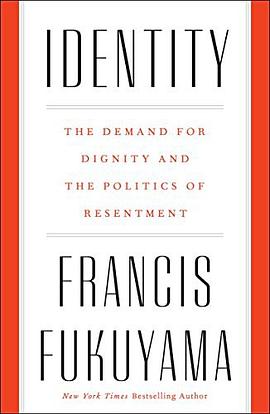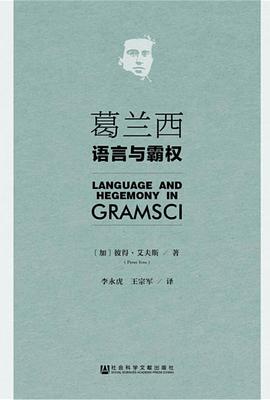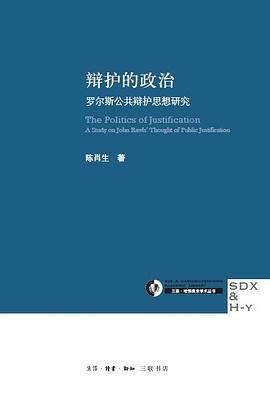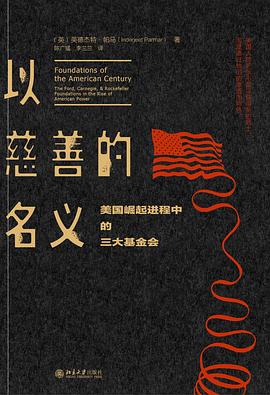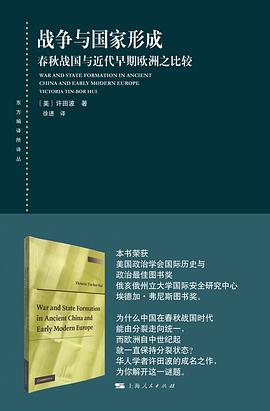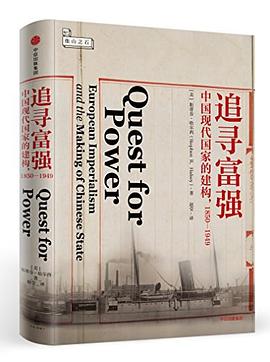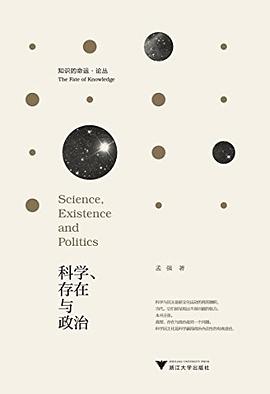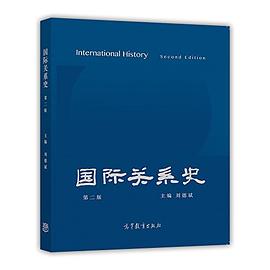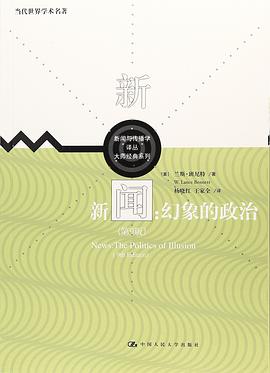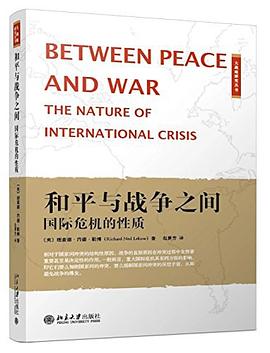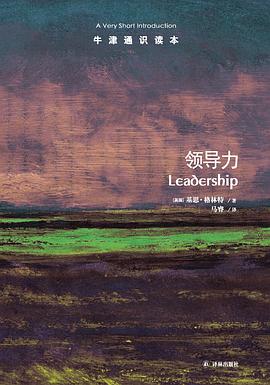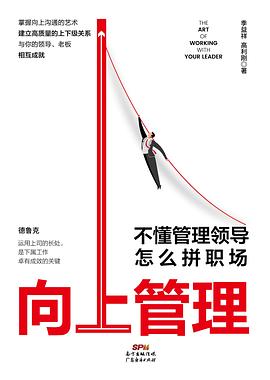
具体描述
Francis Fukuyama is the Olivier Nomellini Senior Fellow at Stanford University’s Freeman Spogli Institute for International Studies. He has previously taught at the Paul H. Nitze School of Advanced International Studies at Johns Hopkins University and at the George Mason University School of Public Policy. Fukuyama was a researcher at the RAND Corporation and served as the deputy director for the State Department’s policy planning staff. He is the author of Political Order and Political Decay, The Origins of Political Order, The End of History and the Last Man, Trust, and America at the Crossroads: Democracy, Power, and the Neoconservative Legacy. He lives with his wife in California.
The New York Times bestselling author of The Origins of Political Order offers a provocative examination of modern identity politics: its origins, its effects, and what it means for domestic and international affairs of state
In 2014, Francis Fukuyama wrote that American institutions were in decay, as the state was progressively captured by powerful interest groups. Two years later, his predictions were borne out by the rise to power of a series of political outsiders whose economic nationalism and authoritarian tendencies threatened to destabilize the entire international order. These populist nationalists seek direct charismatic connection to “the people,” who are usually defined in narrow identity terms that offer an irresistible call to an in-group and exclude large parts of the population as a whole.
Demand for recognition of one’s identity is a master concept that unifies much of what is going on in world politics today. The universal recognition on which liberal democracy is based has been increasingly challenged by narrower forms of recognition based on nation, religion, sect, race, ethnicity, or gender, which have resulted in anti-immigrant populism, the upsurge of politicized Islam, the fractious “identity liberalism” of college campuses, and the emergence of white nationalism. Populist nationalism, said to be rooted in economic motivation, actually springs from the demand for recognition and therefore cannot simply be satisfied by economic means. The demand for identity cannot be transcended; we must begin to shape identity in a way that supports rather than undermines democracy.
Identity is an urgent and necessary book―a sharp warning that unless we forge a universal understanding of human dignity, we will doom ourselves to continuing conflict.
用户评价
##虽然作者一直在强调identify 和 recognition的重要性和独立性,但是还是隐隐的感觉全球化带来的财富分化和欧洲的经济停滞才是identity politics 发生的根本原因。但是确实正如作者讲得,身份政治具有经济根源,但是一旦被激活其本身就像堡垒一样变得非常坚固,人们脑子里筑起的墙很难再被推倒。 但是作者的药方还是有点苍白啊......
评分##2022年1月,北京万圣书园的月榜单上又见福山新作。 在我们的语境下,福山似乎一直是一个不太招人喜欢的作家。也许是福山这个名字被一篇历史的终结而广泛的标签化,也许是我们对于美国中心游戏规则的天然抵触,也许是“蝙福”论过于朗朗上口,福山身上一直背负着一个“偏颇的、...
评分##当今左派的问题是从多元滑向相对,从而使得身份政治更加碎片化,丧失沟通、团结右翼底层的能力;右翼的问题是民粹化严重,民族(几乎是白人种族主义)和宗教被政治野心家利用,使得共和党被茶党填塞,建制派几乎丧失议政能力。加之社交网络加剧的撕裂,维系民主政治稳定性的中左、中右势力几乎被摧毁。福山在最后试图提出以普世价值的信条来重塑天然、偶在的“身份”,并在民族身份上着墨甚多,想通过同化移民来解决民族身份认同的问题,甚至在欧盟和美国提出了一些具体的移民政策。这种倡议或许只是超国家层面的一厢情愿,但对于如何系统性地解决一国内国的问题,如美国的右翼民粹承受的经济、社会、文化的整体性失落,福山的回应潦草而简略“缓解其对工作、收入、安全的担忧”,但正如他所承认的那样,右翼民粹的身份认同并不完全是经济驱动的。
评分##Fukuyama的厚颜无耻简直令人震惊
评分 评分##为探讨身份政治(Identity Politics),福山梳理从柏拉图 、卢梭、康德、黑格尔、尼采等(思想史),梳理西方社会的历史沿袭(社会史)。福山对identity做了灵魂-心理分析和政治学双重意义上阐释性定义,身份政治是黑格尔意义上人类历史驱动的产物,在西方完成民主化之后因为贫富分化、移民、难民等问题产生的新社会运动。身份政治有两个层面,一者是个体层面为获得尊严(dignity)而争取外部社会对其真实自我的认同,反对社会压制,一者是群体层面(如民族、同性恋、性少数)为获得群体性承认的运动。除了学理分析,福山对2010s的全球政治保持高度关注,其个人视野的政治描述和分析,能够帮助分析当下的国际社会新状况,在书末开出的“药方”(针对中国、欧盟等)可做进一步探讨
相关图书
本站所有内容均为互联网搜索引擎提供的公开搜索信息,本站不存储任何数据与内容,任何内容与数据均与本站无关,如有需要请联系相关搜索引擎包括但不限于百度,google,bing,sogou 等
© 2025 book.qciss.net All Rights Reserved. 图书大百科 版权所有

